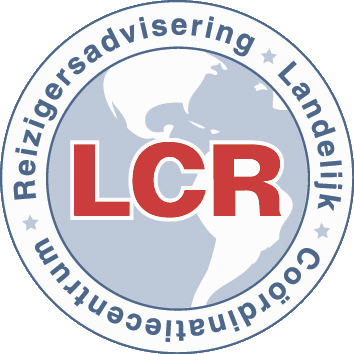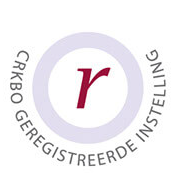A new challenge
Michiel van Veelen, one of the founders of Outdoor Medicine, started with a new challenge. He works at Okavango Air Rescue in Maun (Botswana) since the beginning of this month. We asked him to give us a general idea of what this job entails: “I am responsible for both prehospital care of undifferentiated patients in the region (the Okavango Delta) by helicopter, and interfacilitary transport across the entire country of complex (sometimes ventilated) patients with a small plane. This involves transport to larger institutions with, for example, an Intensive Care, blood bank and a CT scanner. The largest part of the work consists of transport of, for example, multitrauma patients, premature babies, but also medical cases such as severe sepsis and snake bites. These are local patients with a medical need for transport whose costs are reimbursed by the government. This is in contrast to a substantial part of the helicopter deployments that are financed from a so-called ‘patronage system’. Membership costs about 15 Euro per year and is usually paid for by the employer or tour operator for either employees or guests in the tourism sector.”

Working in the wild
“It is of course fantastic to work in a region in Africa where the wilderness starts at the edge of the village. But where humans and animals live close to each other, conflicts are unavoidable! For example, on my first day at work, I transported a patient who had been attacked by an elephant on her way home from the field. She had sustained serious head, thorax and pelvic injuries. Fortunately, the transfer went well and the patient is currently recovering from her injuries.”

Necessary “‹skills
“It is necessary to have a generalist base, since you need to be able to work with all patients categories, including children and pregnant women. Specifically, airway management, ventilation and circulatory management is necessary in addition to knowledge of the effects of air transport on the vital functions.
At least as important is to be able to work systematically and to improvise in a situation with limited resources. You work with dynamic patients with possibly incorrect or incomplete diagnoses. I am convinced that my wilderness medicine training provides a good basis to function in this setting.”

Stay tuned for more interesting updates from Michiel in the future.
African Wilderness Medicine Course
Do you see yourself working as a doctor in Africa? Or are you interested in wilderness medicine, outdoor sports, nature and the African continent? Then we organize the perfect course for you: The African Wilderness Medicine Course. During an adventurous trip through Botswana you will learn more about important aspects of wilderness and expedition medicine in the African setting. The curriculum will include acute treatment of snake- and scorpion bites, dehydration and hyperthermia, infectious diseases and improvised trauma management. The medical program will be combined with various outdoor activities (walking safari, game drive, kayak or boat trip). The course is aimed at medical professionals and Accreditation is provided by the Dutch organization ABAN (18 points of CME) for all medical specialists. The course will take place from 09-06 until 16-06-2018. Go to our event page for more information and registration




